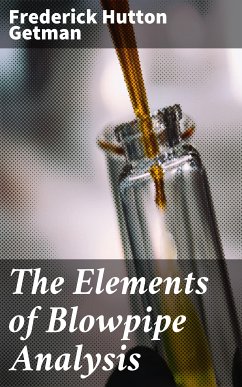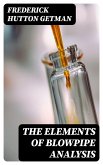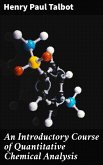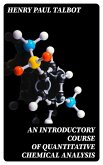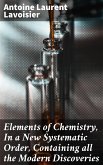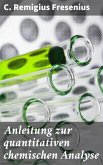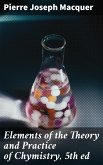In "The Elements of Blowpipe Analysis," Frederick Hutton Getman delves into the scientific intricacies of blowpipe methods for mineral analysis, meticulously detailing various techniques of qualitative analysis utilizing a blowpipe and chemicals. The book is characterized by its didactic style, combining clear exposition with practical instructions, making it accessible to both novices and experienced practitioners in the field of mineralogy. Set against the backdrop of the early 20th-century scientific exploration, Getman's work emerges as a significant contribution to analytical chemistry, encouraging a systematic approach to mineral study that fuses empirical observation with theoretical understanding. Frederick Hutton Getman was a renowned American mineralogist whose passion for the mineral sciences was evident throughout his career. His extensive academic background and fieldwork experience informed his writing, compelling him to produce a comprehensive resource that not only addresses the technical aspects of blowpipe analysis but also highlights its relevance in broader geological contexts. Getman's dedication to education and dissemination of knowledge in the scientific community reflects his commitment to fostering a deeper understanding of mineralogy. This engaging and informative text is highly recommended for students, educators, and professionals in geology and mineralogy. "The Elements of Blowpipe Analysis" serves as an indispensable guide that bridges theoretical concepts with practical application, solidifying its status as a foundational text for anyone seeking to master the art of mineral analysis.
Dieser Download kann aus rechtlichen Gründen nur mit Rechnungsadresse in A, B, BG, CY, CZ, D, DK, EW, FIN, F, GR, H, IRL, I, LT, L, LR, M, NL, PL, P, R, S, SLO, SK ausgeliefert werden.

